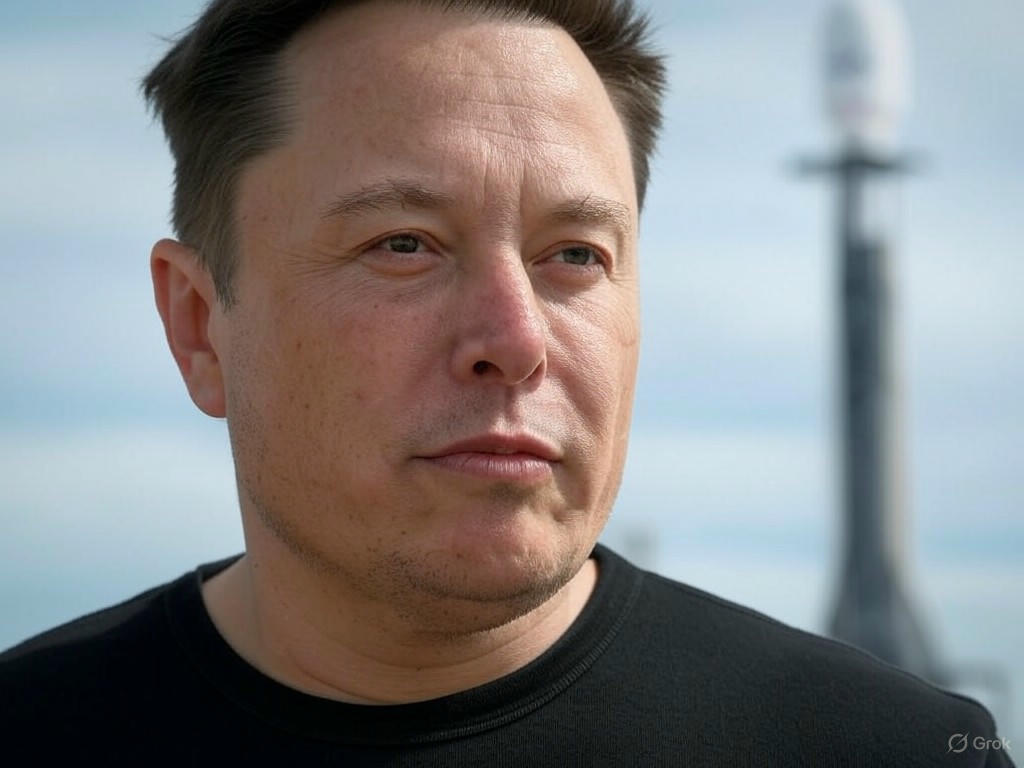In a surprising turn of events, Elon Musk, the visionary behind SpaceX, has hinted at the possibility of decommissioning the Dragon capsule, a critical spacecraft used to transport astronauts and vital supplies to the International Space Station (ISS) for NASA. This development, sparked by a heated public exchange with political figures on social media, has sent shockwaves through the space exploration community. Musk’s statement raises serious questions about the future of U.S. space missions and the nation’s reliance on private partnerships for access to orbit.
The Dragon capsule has been a cornerstone of NASA’s operations since it first launched astronauts to the ISS in 2020, marking a historic shift from government-led space travel to a collaborative model with private companies. SpaceX’s innovative technology and cost-effective solutions have allowed the United States to reduce its dependence on foreign spacecraft, particularly Russia’s Soyuz, which was the primary means of reaching the ISS for nearly a decade after the Space Shuttle program ended. Musk’s potential withdrawal of the Dragon capsule, however, threatens to unravel years of progress and could force NASA into an uncomfortable position—relying once again on Russia for crewed missions. With geopolitical tensions simmering, such a dependency could carry significant strategic and financial implications.
The origins of this controversy lie in a recent online spat involving Musk and high-ranking U.S. officials. While the specifics of the disagreement remain murky, the rhetoric has escalated to the point where Musk has suggested he might pull the plug on the Dragon’s availability for NASA missions. This is not the first time the billionaire entrepreneur has made bold statements that challenge the status quo, but the stakes here are uniquely high. The Dragon capsule isn’t just a piece of hardware; it represents a symbol of American ingenuity and independence in space. Losing access to it could mean delays in critical research, supply shortages for the ISS, and a blow to national pride. Moreover, NASA’s other domestic options are limited, with Boeing’s Starliner program still facing technical hurdles and delays.
For now, the situation remains fluid, with no official confirmation from SpaceX or NASA about the Dragon’s future. Industry analysts speculate that Musk’s comments might be a negotiating tactic, possibly tied to funding disputes or regulatory concerns. Others warn that this could be a genuine rift, one that might push NASA to explore emergency partnerships or accelerate alternative spacecraft development. The cost of such measures, both in terms of time and money, would be immense.
As the space community watches this drama unfold, the broader implications are clear: the U.S. must diversify its access to space to avoid being held hostage by any single entity, whether private or foreign. Musk’s Dragon capsule standoff is a stark reminder of the fragile balance between innovation and dependency. The hope now is for dialogue and resolution, ensuring that humanity’s reach for the stars isn’t grounded by earthly disputes.
